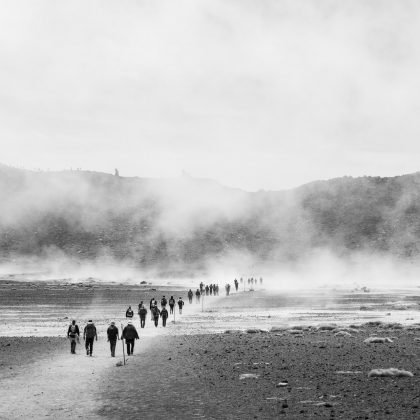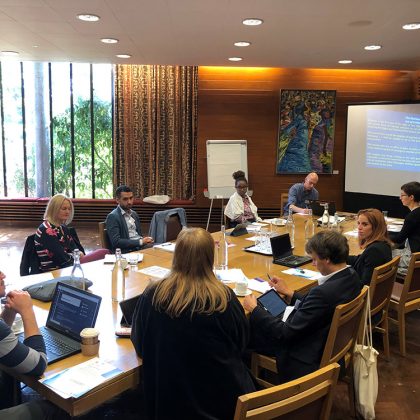GLJ Editors · 1 September 2020
Dear Esteemed Readers,
For some of us the academic year has already started, for some of us it is right around the corner; some will teach online, some will teach in person, some will do both; some will have the freedom of a sabbatical, and regret travel restrictions, some are in the middle of the application process to enter academia; wherever you are, whatever your mode of teaching or research will be, whatever position you are in professionally, the latest issue of the German Law Journal is there for all of you and offers some great and maybe distracting reading (something almost everyone is probably grateful for in these extraordinary times).…
















































